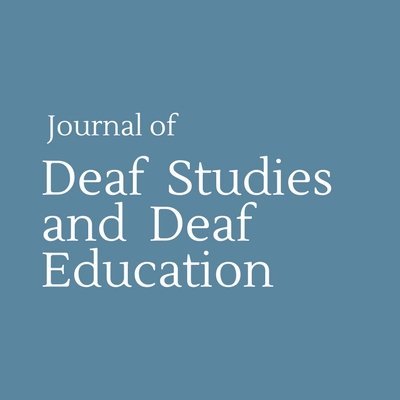A common misconception in education is that deaf and hard of hearing (DHH) students only reach a 4th-grade reading level.
That myth is busted in a new study about the academic achievement of DHH students over time, which revealed they continued to learn and progress in reading and math skills past 4th grade.
Analyzing longitudinal data from nearly 7,000 diverse students, a team of researchers led by Dr. Stephanie W. Cawthon focused on NWEA MAP® Growth™ data from grades 2 to 8 across seven reading and mathematics domains over a period of five years.
“Longitudinal data is so rare for deaf students, and so valuable for examining academic trends over time,” said Dr. Cawthon.
Longitudinal data analysis is also critical to understanding where DHH students may need additional support on their academic journey to achieve at the level of their hearing peers — especially considering DHH students often experience systemic barriers to academic success and low expectations of what they know and can do.
Study results indicate that both DHH and hearing students continue to build skills through 8th grade and that DHH students, contrary to many previously held assumptions, do not necessarily plateau in the elementary grades.
Important takeaways include:
-
Trends over time tell a different story than year-by-year snapshots.
-
Educators should remember the impact of language and information deprivation on DHH students when assessing their progress.
-
Students are still acquiring literacy skills well into middle school.
The study, Longitudinal Models of Reading and Mathematics Achievement in Deaf and Hard of Hearing Students, is published in the Journal of Deaf Studies and Deaf Education and is co-authored by:
-
Stephanie W Cawthon, PhD, professor at The University of Texas at Austin
-
Elizabeth Barker, PhD, accessibility research manager at NWEA
-
Johny Daniel, PhD, assistant professor at the Durham University
-
North Cooc, PhD, associate professor at The University of Texas at Austin
-
Ana G. Vielma, doctoral student at The University of Texas at Austin
The Journal of Deaf Studies and Deaf Education is a peer-reviewed scholarly journal integrating and coordinating basic and applied research relating to individuals who are deaf, including cultural, developmental, linguistic, and educational topics.
